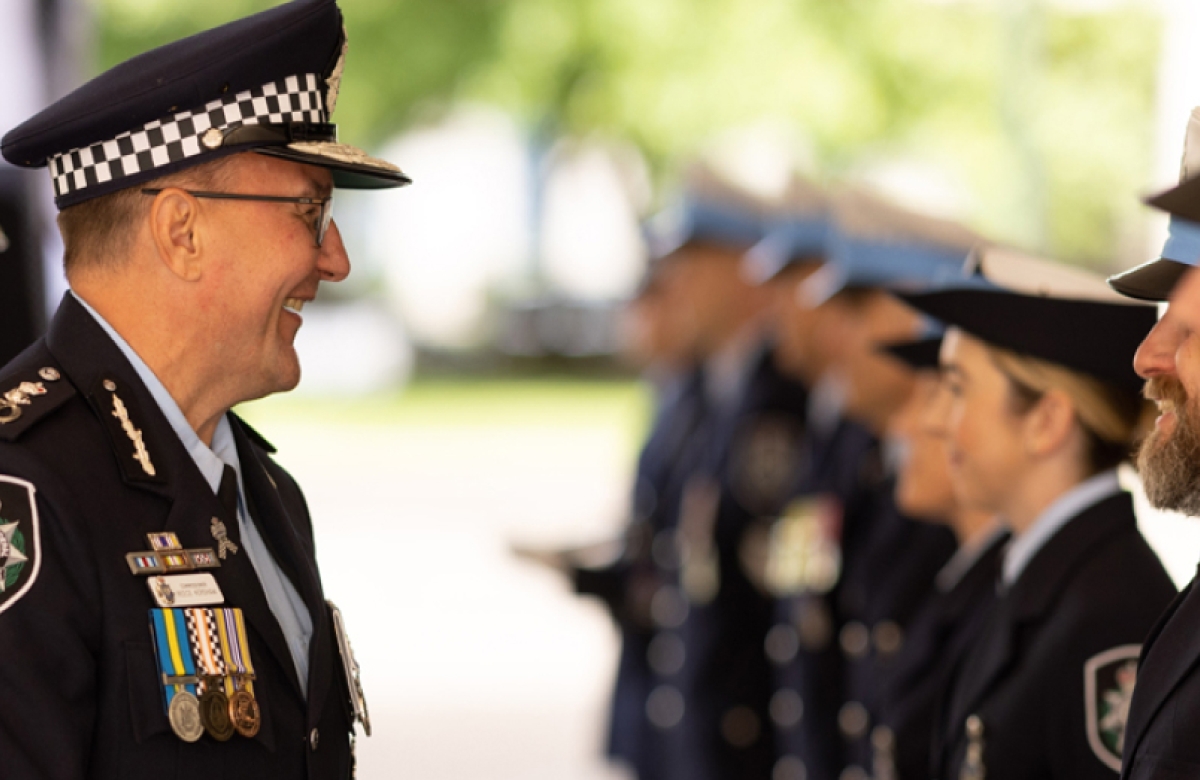Join us as a national police officer
Our recruits learn to outsmart serious crime. They're trustworthy, respectful, accountable and fair. We're looking for people who:
- want to make a difference
- have high levels of personal integrity
- want a challenging and highly rewarding career
- are fit, healthy and resilient
- are looking for a diverse, inclusive, supportive workplace.
As a police officer in national policing with the AFP, you can work in one of our 2 main national policing areas:
- Investigative police officers investigate and prevent crimes against Australia. These crimes often extend across state, territory and national borders.
- Airport police officers provide protective security at Australian airports. They also support a range of AFP operations.
National policing work is different to being an ACT Policing officer.
ACT Policing is the community policing arm of the AFP. Its officers respond to incidents in the Australian Capital Territory (ACT) community and deal with crimes, including robbery, drug offences and homicide. Find out more about ACT Policing.
What you'll do
As a police officer in national policing, you'll investigate and prevent crime to keep Australia, and Australian interests overseas, safe.
Your day-to-day work will be challenging and rewarding, including:
- working on complex investigations, often with international partners
- using information and evidence to determine the appropriate law-enforcement response
- interviewing witnesses and suspects
- collecting, preparing and presenting evidence to the courts
- working across teams, alongside people in the many different roles in the AFP
- collaborating with other police forces, at home and abroad.
And you'll do it all within one of the most innovative police forces in the world.
Officers are deployed across Australia and around the world. We have regional commands in Canberra, Sydney, Melbourne, Brisbane, Cairns, Adelaide, Perth and Darwin. There are also opportunities to work in overseas offices and as part of our global operations.
Upon graduation from the College, Police Officers will receive $84,833 (inclusive of a base salary and 22% composite), plus overtime, allowances, and penalties. Police Officers also receive 15.4% superannuation, including during all periods of maternity leave.
To learn more about life in the AFP, and get to know our people, read our people's stories.


